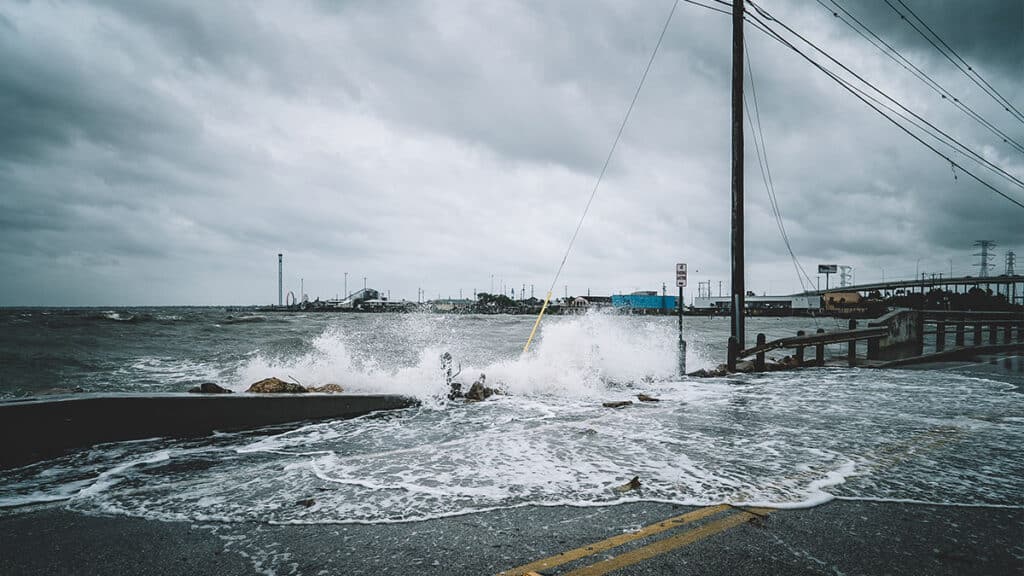
The aftermath of Hurricane Ida creating blockades across the country has brought FEMA (Federal Emergency Management Agency) freight into prominence. FEMA loads are made a high priority in the event of a natural disaster, with products for mitigating the impact and aiding in relief efforts are moved with priority including meal kits, water, batteries, blankets, plywood, and power generators.
The FEMA tender of service program empowers the federal government to schedule and book transportation through pre-approved private carriers. With freight capacity being specifically earmarked to help people in the affected area, FEMA can come in and buy up available FEMA-certified capacity in the market. This will inevitably lead FEMA to out-price other shippers in the region over the sparsely available capacity.
With the freight market already being tight as capacity is sold at a premium and only expected to rise with the holiday shopping season, the market disruption via FEMA freight would exacerbate price volatility.
Shippers must have situational awareness to continue running operations in this environment. The primary objective must be to keep up with infrastructure and transportation updates in the affected areas. The impact of Hurricane Ida will be particularly felt across southern parts of Louisiana, Mississippi, Alabama, and Florida. This would mean shippers who haul freight in these markets will see inflated costs with inbound and outbound shipments.
It also makes sense for shippers to be flexible with their capacity sourcing and work with a handful of truckload providers to ensure no single point of failure with transport operations. Working with multiple carrier firms will also allow the shipper to provide partners for a few extra days to plan for capacity, which will bode well during the actual execution.
Shippers must brace themselves for potential price increases considering the gravity of the situation. That said, service levels can be expectedly lower, as disaster relief operations have issues with maintaining visibility throughout the hauling operations. Trucks hauling disaster loads will possibly be subject to delays with loading and unloading.
Staying in touch with the trucking operators and being considerate with the partners during this difficult time will help keep balance within operations. Being ahead of the curve by pushing urgent freight before FEMA loads kick in is a fool proof way for shippers to consistently keep their operations resilient.



